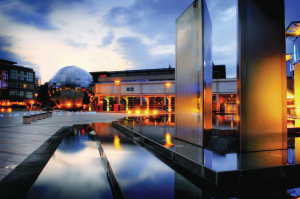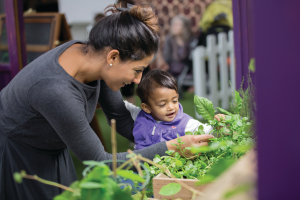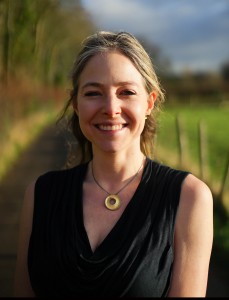Bristol’s We The Curious has joined more than 40 other science centres across the UK to call for emergency help from the government as they fight for survival during the lockdown.
The Science Centres For Our Future campaign is being supported by some of the UK’s leading science advocates including Bristol-based biologist, author and television presenter Prof Alice Roberts. 
We The Curious, formerly At-Bristol, faces its biggest challenge since opening in the year 2000. Over the past two decades it has been a successful self-sustaining charity.
But due to the lockdown it closed its doors to visitors in March, pausing all education programmes and events, cutting off vital revenue streams. And as a charity, it cannot take on large debts and while the government’s furlough scheme has helped pay staff, other costs such as utility bills, insurance, payroll, site security and rents still need to be paid.
Now with other members of the UK Association for Science and Discovery Centres (ASDC), set up an emergency Resilience Fund to support the UK’s world-class network of regional Science Centres.
The Science Centres For Our Future campaign supports ASDC’s submission to government, asking it to urgently grant £25m in emergency resilience funding to secure the future of the whole network of UK science centres.
Future-focussed bodies such as We The Curious cannot apply for Arts Council or heritage emergency grants and, without government support, many are at serious risk of not re-opening.
We The Curious chief executive Donna Speed, said: “Right now, We The Curious should be marking its 20th birthday, celebrating two decades of providing memorable experiences for our communities, inspiring children with science, and hosting some of the Bristol’s biggest cultural events.
“But instead we find ourselves struggling to survive and without financial support for our sector.
“The relationship between science and society has never been more important, and science centres play a vital role in the public understanding of science, upon which our economy and resilience depends.
“As part of the Science Centres for Our Future campaign we are calling on government to provide urgent funding to ensure that we are still here to continue engaging, informing and inspiring the public in the years to come.
“We The Curious is so important for the South West region. Many will have fond memories of school visits and family days out, learning new things and being inspired by interactive and hands-on experiences such as Animate It, visits to the Planetarium, live science shows and more. Visitors, staff and volunteers have returned and told the team at We The Curious how they have been inspired by their visit to pursue careers in science – and more will follow in their footsteps.”
The ASDC says that at a time when science is so important and with major global challenges ahead from both Covid-19 and climate change, its provide regional cities and towns with crucial opportunities to access science, in an approachable and engaging way, helping to inspire our next generation of scientists and engineers.
Nationally, hands-on science centres like We The Curious welcome millions of visitors a year and contribute more than £200m annually to their local economies.
ASDC CEO Dr Penny Fidler said: “As a nation and as a global society we have some major challenges ahead, especially in relation to climate and coronavirus. To solve these challenges we need an entrepreneurial and scientifically engaged society.
“Science Centres unlock science for people, making it accessible and interesting to millions of children and adults each year. Without support we will start to lose these popular cultural resources that offer access into science for all.” 
Alice Roberts, pictured, who is Professor of Public Engagement in Science at the University of Birmingham and an ASDC patron, added: “Our science centres and museums are important as places where people can learn about many different branches of science, get inspired, and satisfy their own curiosity. These centres support hands-on learning for children, all the way through to lifelong learning for adults.
“Like many other cultural institutions, science centres are struggling at this time – they need our support. I hope the government can help them survive, so that they can continue their crucial work, making science accessible for everyone.”
ASDC and We The Curious are asking the public to support the Science Centres For Our Future campaign in two key ways:
- Share their science centre photos and why they love them on social media, using the #ScienceCentresForOurFuture
- Write to their local MP asking them to support the creation of the emergency fund to secure the future of We The Curious.
Last year We The Curious became the first science centre in the world to declare a climate emergency and pledged to become carbon neutral by 2030.
Middle photo of We The Curious by Paul Blakemore





























